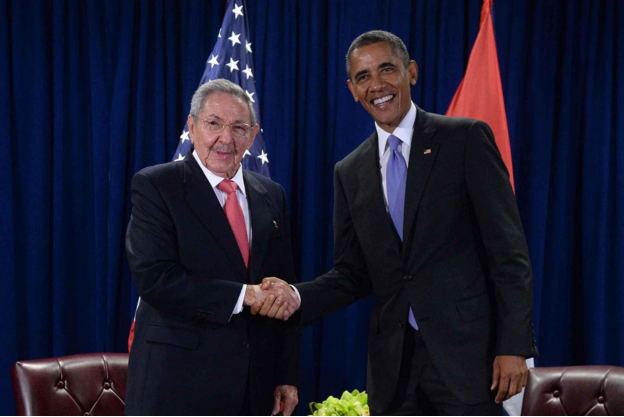U.S Integrates into Cuba
April 27, 2016
U.S. and Cuban ties have endured nuclear crises, a long U.S. embargo, and political hostilities. The diplomatic relationship remained frozen years past the Cold War, but began moving towards normalizing in 2015. The relaxing of tense relations with Cuba officially began in 2009, when President Barack Obama eased restrictions on travel and remittances to Cuba, allowing Cuban-Americans to send unlimited funds to family and friends living in the country. However, most of the permitted travel, as it stands, must have a religious or educational motivation.
In 1960, Cuba began creating ties with the Soviet Union, a move which pushed the United States to impose a full embargo and cut off all diplomatic relations. The two countries have since toiled under strained relations, the majority of which have been imposed by Castro’s oppressive Communist government and its alignment with Russia. This absolute separation continued for another six years before any change was implemented under the Cuban Adjustment Act, in which Cuban immigrants were given the opportunity to become full U.S. citizens.
Despite this small step toward peace, another blow to friendly communications came in 1996 when President Clinton signed the Helms-Burton Act into law. The move tightened the embargo on Cuba in an attempt to weaken its ties with non-U.S foreign investors. As a result, Cuba’s chances of amiability with America waned, and the economy and quality of life has suffered since. It is evident that, since the Cold War era and the retirement of Fidel Castro, other countries have offered their support, including Venezuela who started sending more oil to Cuba at heavy discounts.
With new relations restored between the two countries, they can only prosper–if the countries can keep negotiating and cooperating together. Cuba’s economy will improve with the influx of tourism, which came as a majority of the income in many regions of Cuba before tensions arose, while America will reap the rewards of another ally and trading partner in the world economy. With the U.S. and Cuba both benefitting from these changes, the future appears bright.




